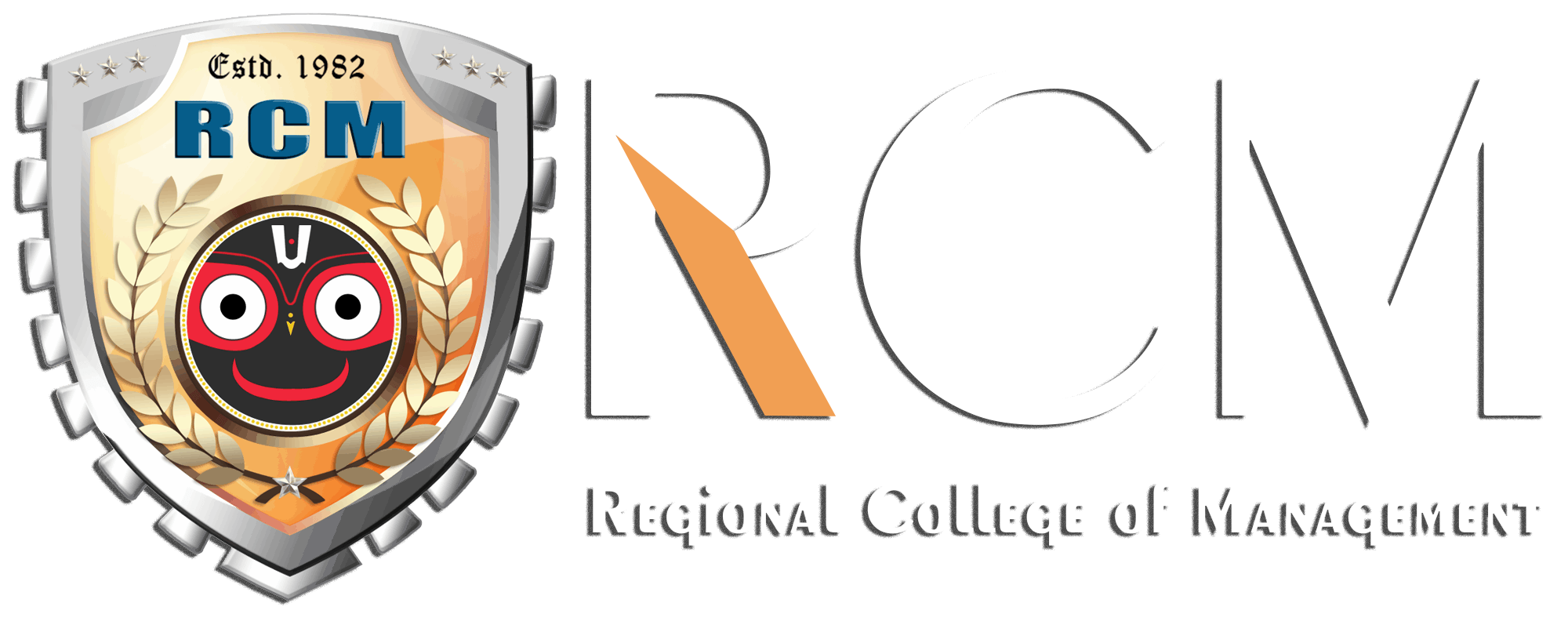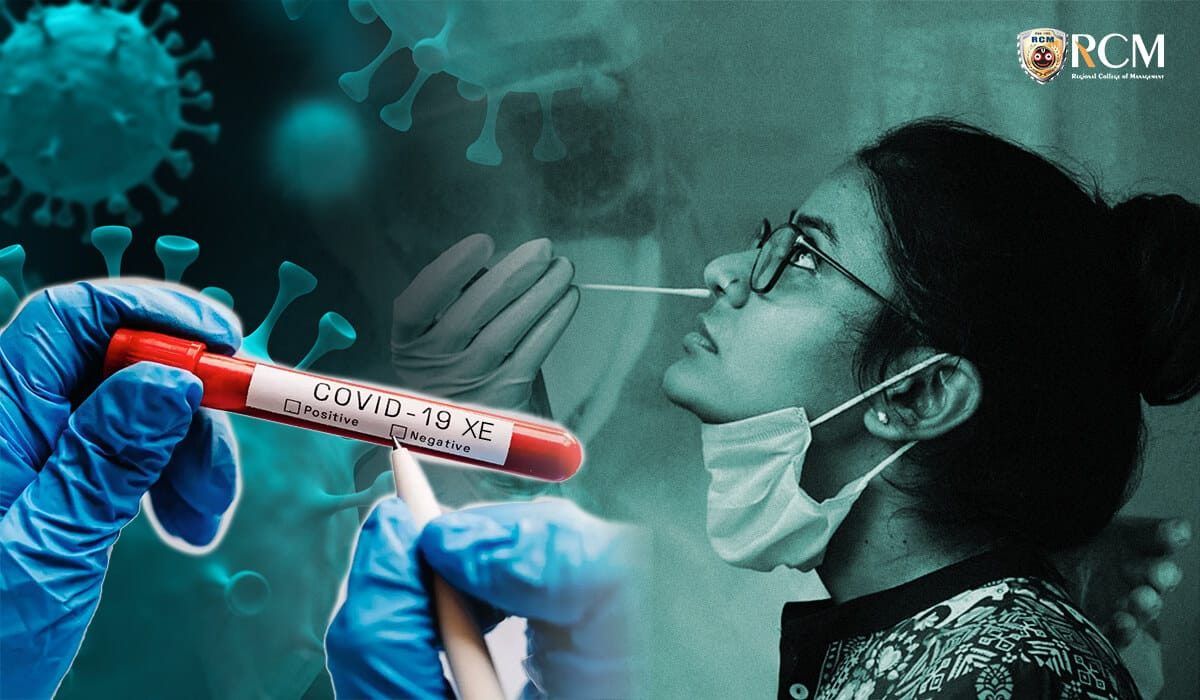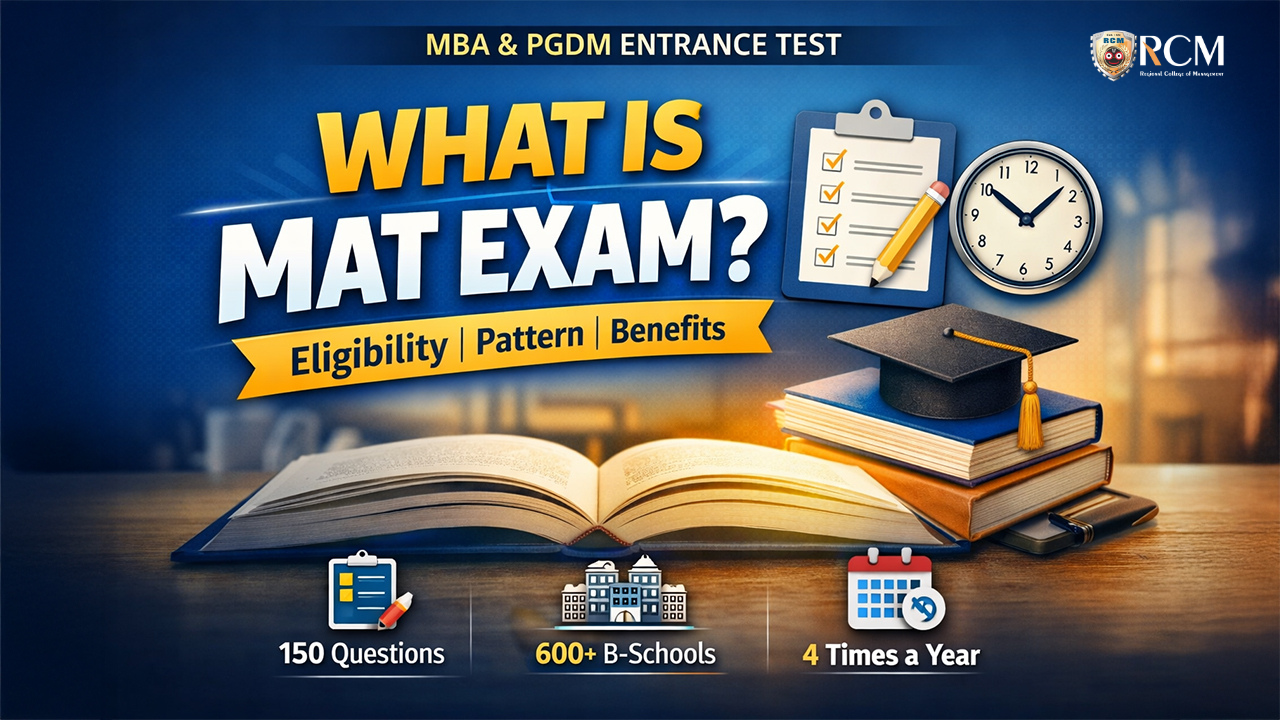The Brihanmumbai Municipal Corporation said in a statement that a hybrid of two omicron strains, BA.1 and BA.2, was found in a 50-year-old lady who had travelled to the city from South Africa in February.
Mumbai’s city administration reported India’s first case of the highly transmissible coronavirus variant, XE, on Wednesday. The hybrid of 2 omicron strains that is BA.1 and BA.2 was detected in a 50-year-old woman who had traveled to the city from South Africa in February, the Brihanmumbai Municipal Corporation said in a statement.
“The asymptomatic patient had no comorbidities and had been quarantined after being diagnosed almost a month later in March”, the BMC said.
According to the World Health Organization, the hybrid strain, which was discovered in the United Kingdom, might be the most highly contagious variation ever. It is expected to spread 10% more easily than BA.2, which was already more transmissible than the original omicron.
What is the XE version of the coronavirus, and why should anyone be concerned?
The newly identified “XE” version of the coronavirus, a thread of Omicron, which induced the third wave of COVID-19 this winter, has not been previously found in India. The news of its detection raised fears of a new wave of outbreaks in India, where COVID-19 cases have already been dropping steadily and are already at their lowest level in more than two years.
The Omicron variety, which is responsible for more than 90% of infections this year, contains two significant sub-variants known as BA.1 and BA.2. There is also a BA.3 sub-variant, although it is less popular.
The BA.1 sub-variant was the most common throughout the initial period. However, during the third wave in India, the BA.2 was the most prevalent. BA.2 was discovered to be more transmissible than BA.1, but not any more harmful. According to the World Health Organization, “the BA.2 strain has become the most common in recent months, accounting for over 94% of all Omicron infections in the previous month. The BA.1 type is becoming increasingly rare”.
The XE version is known as a “recombinant.” This indicates it has mutations present in both the BA.1 and BA.2 Omicron variants. This was discovered in the United Kingdom in January, and more than 600 examples of XE have been recovered in various nations so far.
It is not tough to find recombinant variations. Variations that have mutations in two or more recognised variants arise all the time. In fact, variations with the distinctive Delta and Omicron mutations have also been found.
“Given the current high level of transmission worldwide, it is likely that further variants, including recombinants, will continue to emerge. Recombination is common among coronaviruses and is regarded as an expected mutational event,” the WHO said in a current update.
So, does XE pose a threat?
As of now, there is no indication that the XE version differs from the other Omicron types. It has been discovered that XE may be 10% more transmissible than the prevalent BA.2 variation. The fact that there has been no notable rise in the frequency of the XE variation since its revelation 3 months ago indicates that that may not be a major concern at this time.
“XE belongs to the Omicron variant until significant differences in transmission and disease characteristics, including severity, may be reported,” the WHO said.























